Students of Franz Boas
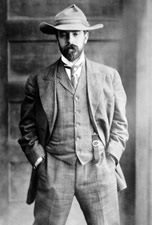 |
 |
 |
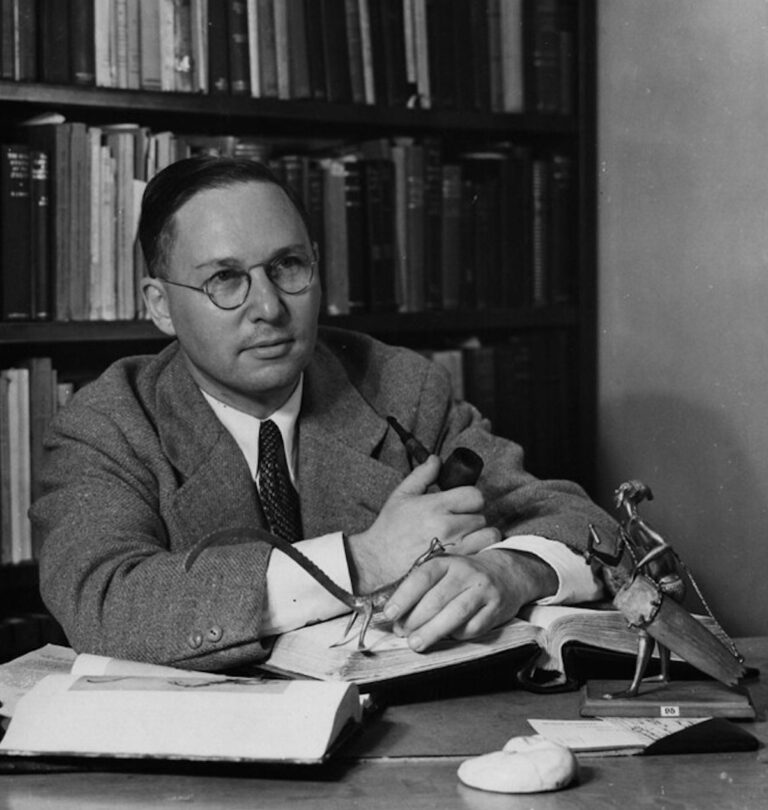 |
| A. L. Kroeber | Edward Sapir | Ruth Benedict | Melville Herskovits |
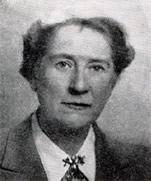 |
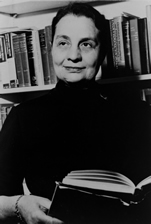 |
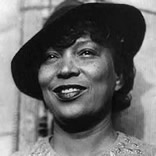 |
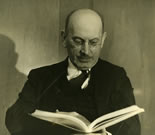 |
| Gladys Reichart | Gene Weltfish | Zora Neale Hurston | Paul Radin |
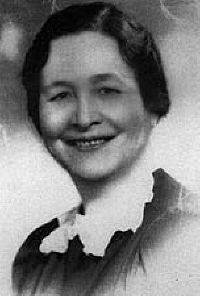 |
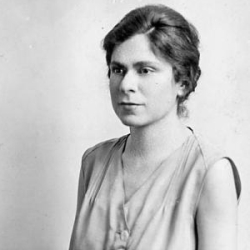 |
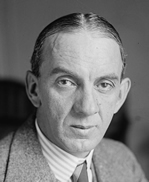 |
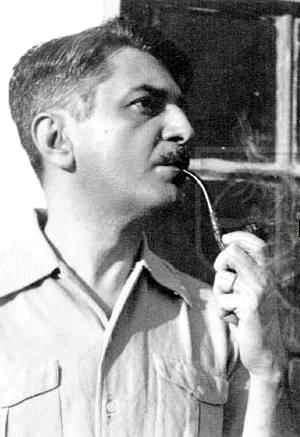 |
| Ella Cara Deloria | Ruth Bunzel | Manuel Gamio | Gilberto Freyre |
It's an impressive list but I realize that most students new to anthropology won't recognize most of these names so here's a little about who each of these individuals was:
A. L. Kroeber (1876-1960), Founded the Anthropology program at UC Berkeley, did extensive work with Native Americans in cultural anthropology, archaeology and linguistics.
Edward Sapir (1884-1939), Anthropological linguist widely considered to be one of the most important figures in the development of academic linguistics in the United States and Canada.
Ruth Benedict (1887-1948), Anthropologist and folklorist, First woman president of the American Anthropological Association (in 1947). Prominent spokesperson for human equality.
Melville Herskovits (1895-1963) Founded the anthropology program at Northwestern University in 1938 and founded the first African Studies program in the United States in 1948. He and his wife Frances (1897-1972) worked in Surinam, Haiti, Benin, Brazil, Ghana, Nigeria and Trinidad. In 1954 Herskovits started a library of Africana. It's now called the Melvin J. Herskovits Library of African Studies and is the world's largest separate Africana collection. Their daughter, Jean Herskovits (1939-2019) was also an eminent professor of African Studies. Herskovits' students included Katherine Dunham (1909-2006), arguably the most influential American dancer of the 20th century (see what you can do with an anthropology degree).
Gladys Reichart (1893-1955) Cultural anthropologist and linguist known for her studies of Native Americans. Her interests focused on the relationship of religion, art, and culture as well as language variation (all of which brought her into conflict with Sapir who was more interested in the histories of language).
Gene Weltfish (1902-1980) Specialist on Pawnee culture, social activist and spokesperson for racial equality. Blacklisted during the Red Scare of the 1950s after refusing to answer questions from Roy Cohn and Joseph McCarthy.
Zora Neale Hurston (1891-1960) Critical African American folklorist, ethnographer, novelist, and essayist. Key figure of the Harlem Renaissance. Her books include Mules and Men, and Their Eyes were Watching God, as well as the only recently published Barracoon: The Story of the Last "Black Cargo" (2018).
Paul Radin (1883-1959) worked on Native American languages. He wrote many works about Native Americans and is particularly remembered for Crashing Thunder: The Autobiography of an American Indian, the edited first person account of the life of Sam Blowsnake aka Crashing Thunder (1875-c. 1960). There's lots of controversy about the book but it's one of the first attempts to do a book length presentation of a Native American by a Native American.
Ella Cara Deloria (1889-1971) also called Aŋpétu Wašté Wiŋ, Yankton Dakota ethnographer, linguist, and novelist. Deloria was one of several Native American students and collaborators who worked with Boas. Recruited by Boas to work on Native American languages, she became a key educator, activist, and spokesperson for the Lakota people. She was also the aunt of Vine Deloria Jr. (1933-2005), critical Native American rights advocate and author of Custer Died for Your Sins: An Indian Manifesto (1969).
Ruth Bunzel (1898-1990) One of the first anthropologists to study the creative process and the first to conduct long term research in Guatemala.
Manuel Gamio (1883-1960) Usually considered the founder of modern anthropology in Mexico, Gamio was also a social activist and leader of the Indigenismo movement in Mexico. In addition, Gamio published books on Guatemala in the 1920s and on Mexican immigration to the US in the 1930s.
Gilberto Freyre (1900-1987) Founder of Brazilian anthropology and sociology and controversial Brazilian politician. Freyre's 1933 The Masters and the Slaves is credited with helping forge Brazilian identity. Freyre argued that race mixing was central to Brazilian identity and argued that Brazil was a racial democracy, a society without racism. This myth remains potent today even though objectively Brazil has a profoundly racist history.
A. L. Kroeber